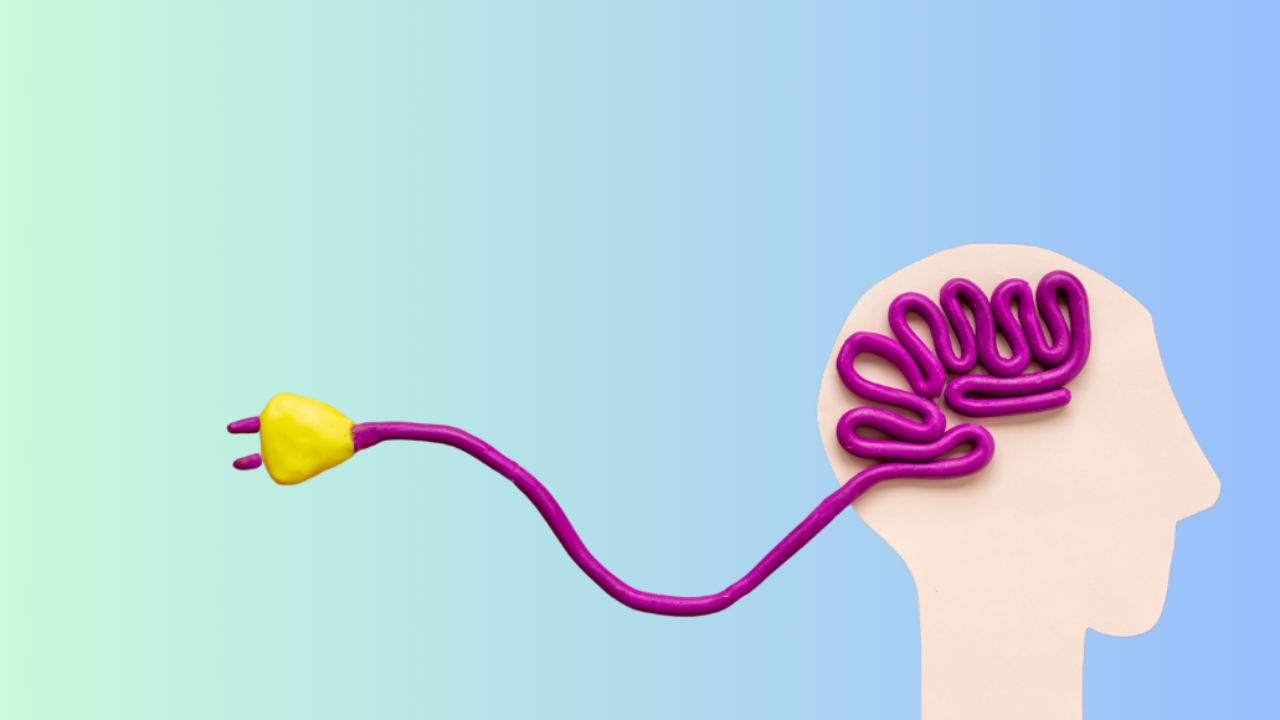What Does Insomnia Do to the Brain?

A common question people have about insomnia is, “What does insomnia actually do to the brain?” To answer this, let’s break it down into two parts, starting with what insomnia does not do to the brain.
What Insomnia Does Not Do to the Brain
Firstly, there’s no evidence that insomnia causes any kind of permanent damage to the brain. Research has never shown that insomnia makes us "go crazy," become psychotic, or causes any lasting brain injury. This can be really comforting to know, especially if you’ve been lying awake at night, worrying that lack of sleep is harming you in some irreversible way.
Understanding this can be very helpful because insomnia itself stems from a fear of not sleeping. When we start to think that insomnia will cause brain damage or lead to losing control, it reinforces that fear, which then keeps insomnia going. Simply knowing that insomnia does not cause any damage can be a big relief. It’s a reassurance that while insomnia is uncomfortable and can be frustrating, it’s not harming us in any way.
What Insomnia Does Do to the Brain
So, if insomnia doesn’t damage the brain, what effect does it have? The main impact insomnia has is that it puts the brain into a state of hyperarousal. This is the brain's response to fear and perceived threats. When we’re anxious or afraid—like when we start worrying about not sleeping—our brain shifts into a hyper-alert, hyper-vigilant state, preparing for any potential danger.
This hyperarousal is what leads to those familiar feelings of being on edge or jumpy. You might find yourself startled by small noises, noticing tiny details around you, or feeling overly sensitive to things you’d usually ignore. These reactions are the brain's way of staying alert to potential “threats,” even if there isn’t a real danger present. In this case, the “threat” is the fear of not sleeping itself.
What’s important to remember here is that this state of hyperarousal is not a sign that something is wrong with your brain. It’s just one of the ways our brain reacts to fear. When we start to recognize that these jumpy, hyper-alert sensations are simply the result of fear, it becomes easier to understand that there’s nothing wrong or dangerous about what we’re experiencing.
Why Knowing This Can Be Helpful
Knowing that insomnia doesn’t cause brain damage and understanding why we feel hyperaroused can be very helpful for leaving the cycle of fear that insomnia is. Many people with insomnia get caught in a loop: they worry that insomnia is damaging their brain, which makes them more anxious, which makes sleep even harder to come by. But once you realize that your brain is actually okay and that these symptoms are just a part of your body’s fear response, anxiety starts to fade all by itself.
By recognizing that insomnia doesn’t do any harm and that these feelings are just part of a natural fear response, you start to feel more at ease. This sense of ease is part of fear and hyperarousal fading, making sleep happen easier and easier.
In short, insomnia may make us feel tense, hyper-alert, and more aware of things we’d usually overlook, but it doesn’t damage our brain. Knowing this automatically leads to where we want to be, a place of peaceful sleep and peace of mind.

